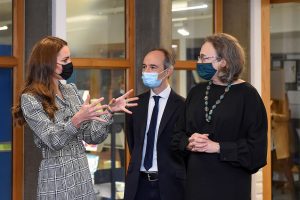- Our studies
- Our studies homepage
- 1958 National Child Development Study
- 1970 British Cohort Study
- Next Steps
- Millennium Cohort Study
- COVID Social Mobility & Opportunities Study
- Growing Up in the 2020s study
- Growing up in Digital Europe
- Children of the 2020s study
- Early Life Cohort Feasibility Study
- Generation New Era
- Our research
- Publications and resources
- Data access and training
- About
- News
- Events
- Get in touch
- Join our mailing list


















